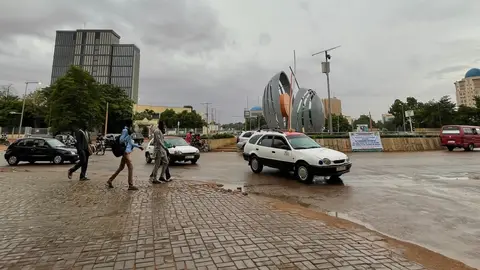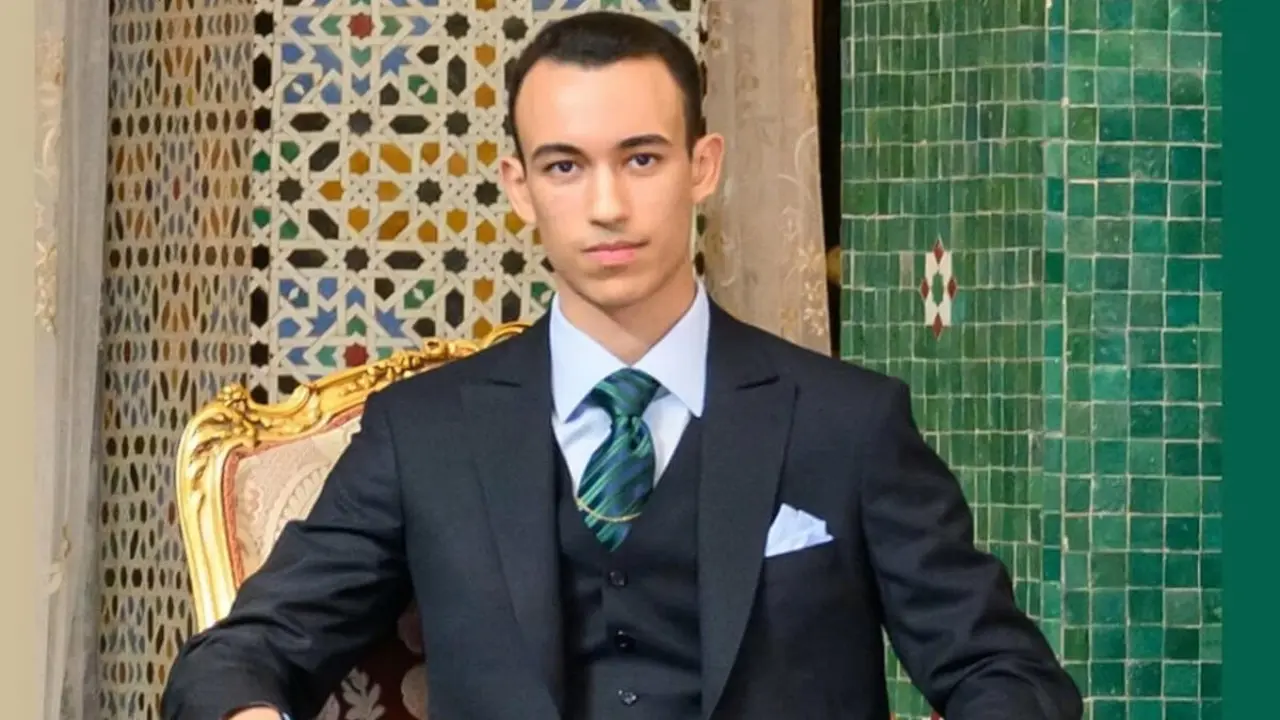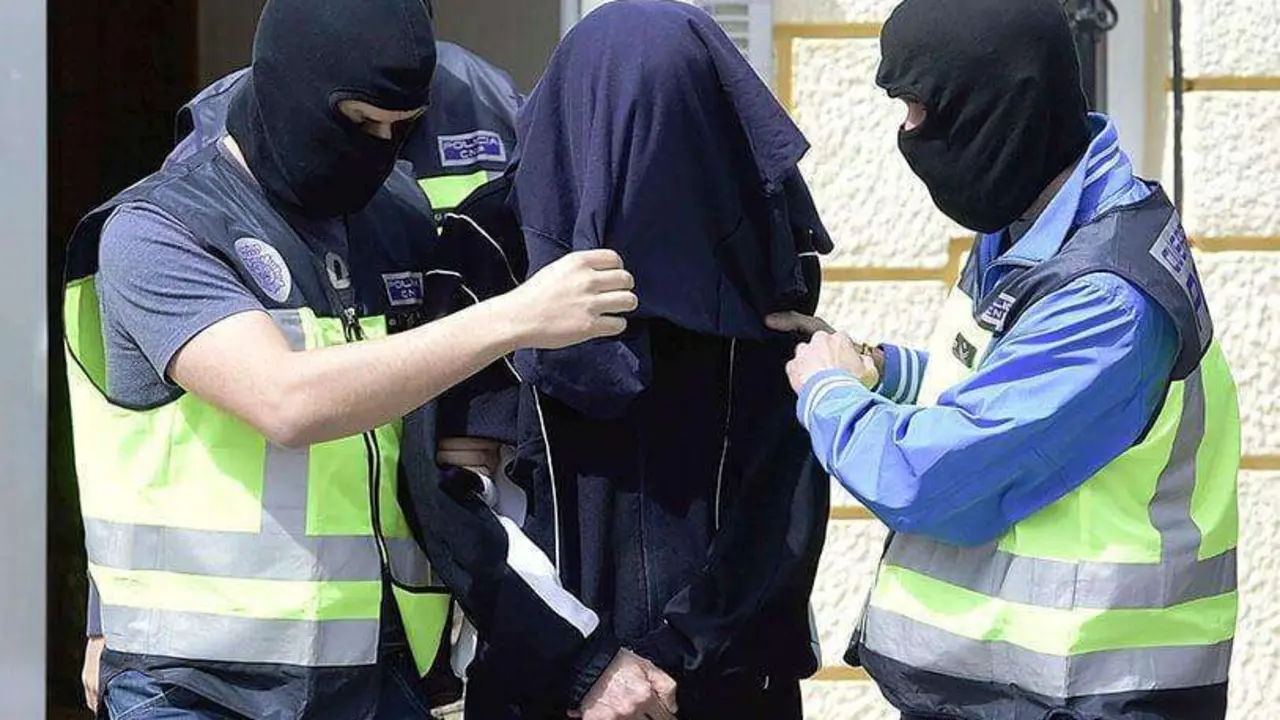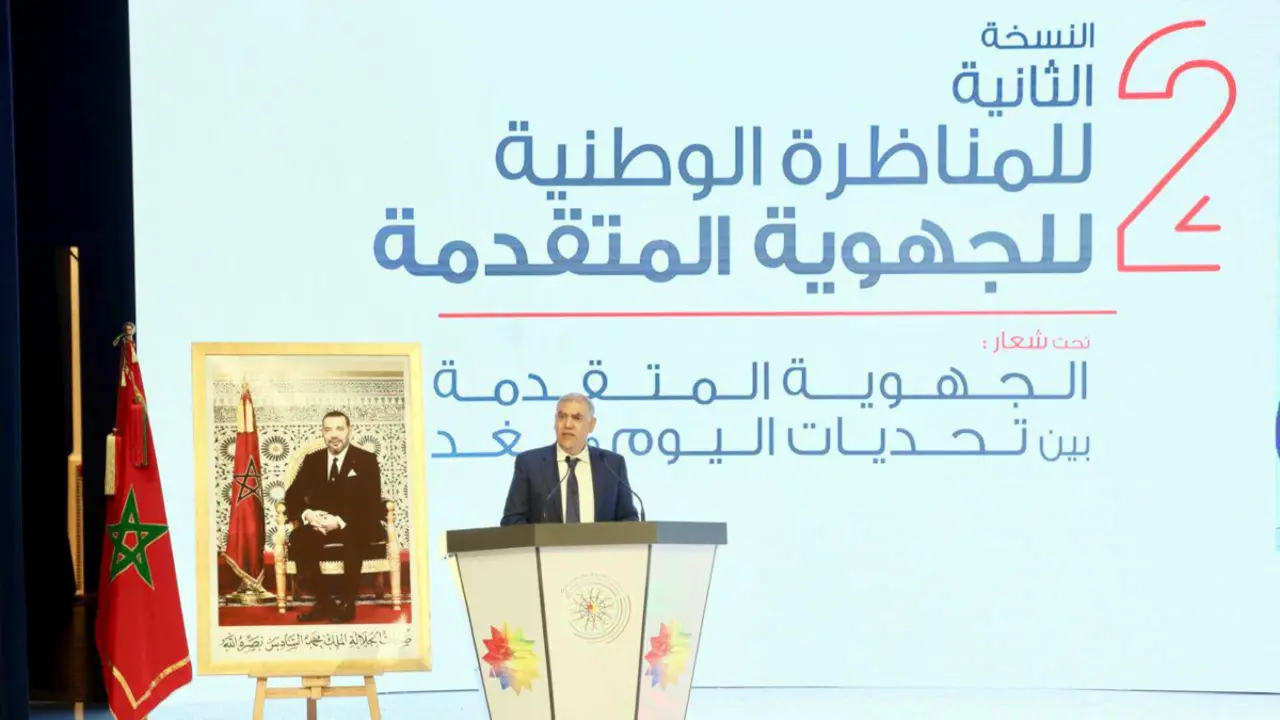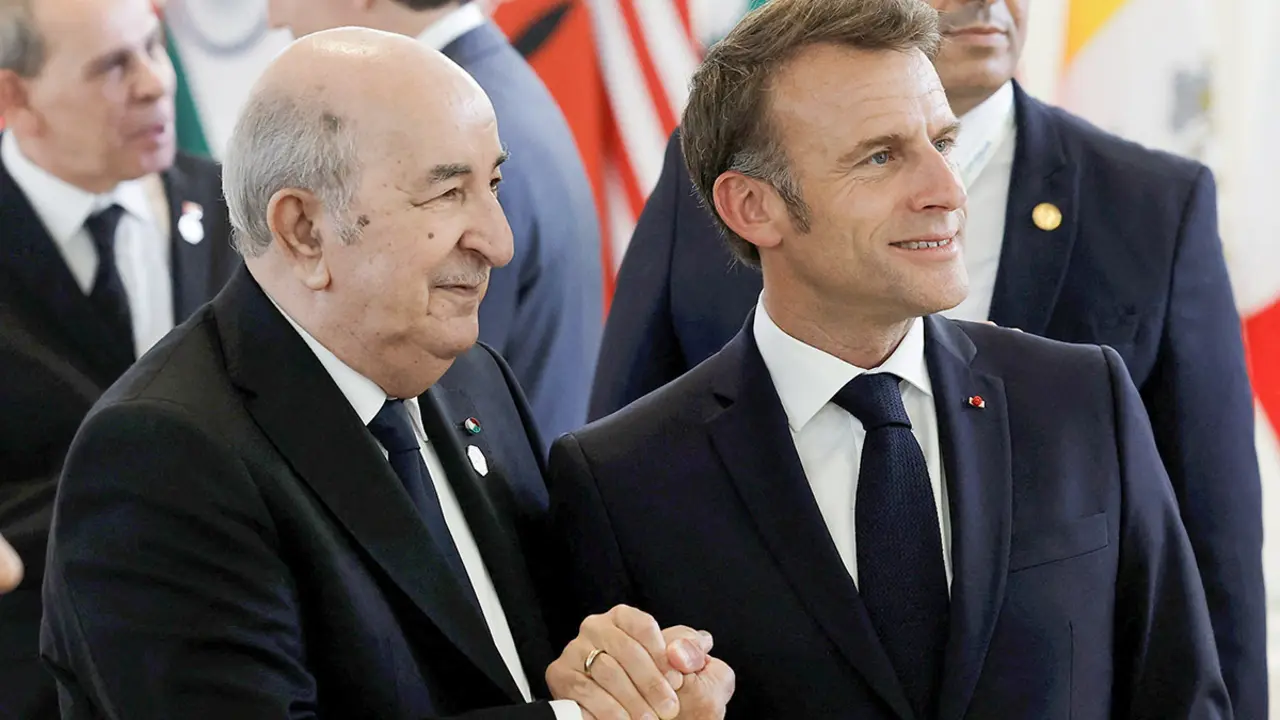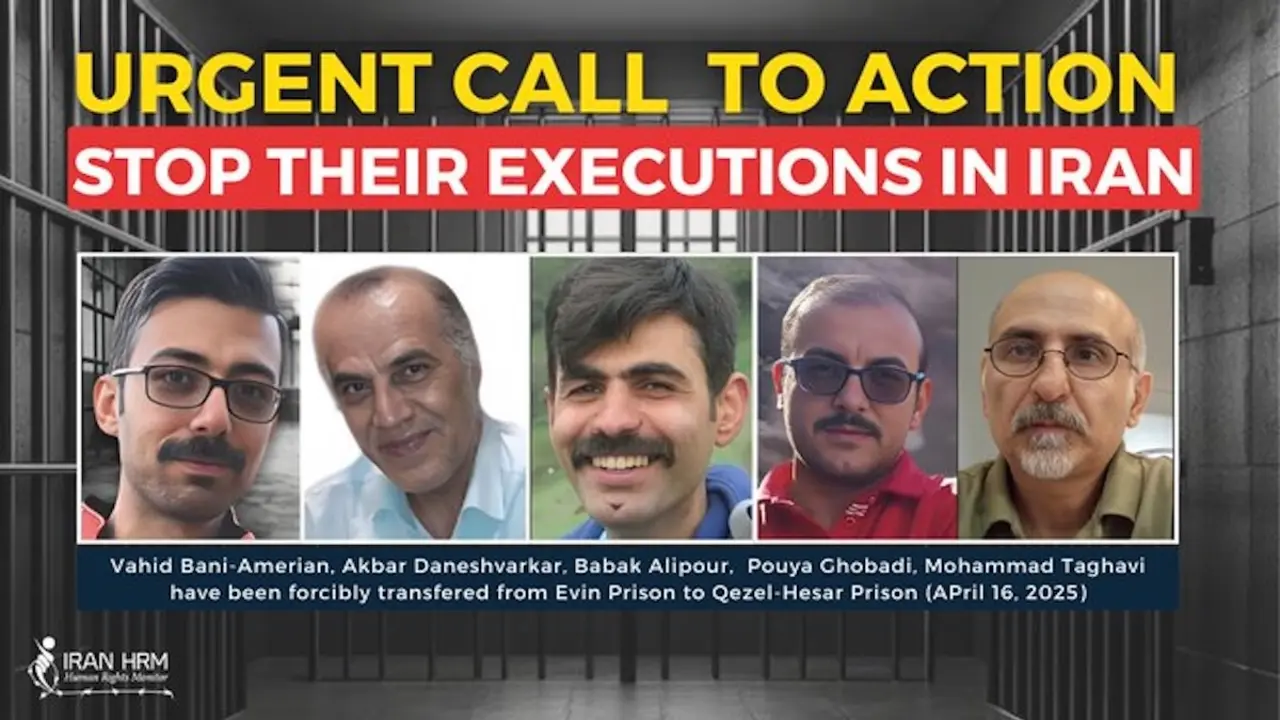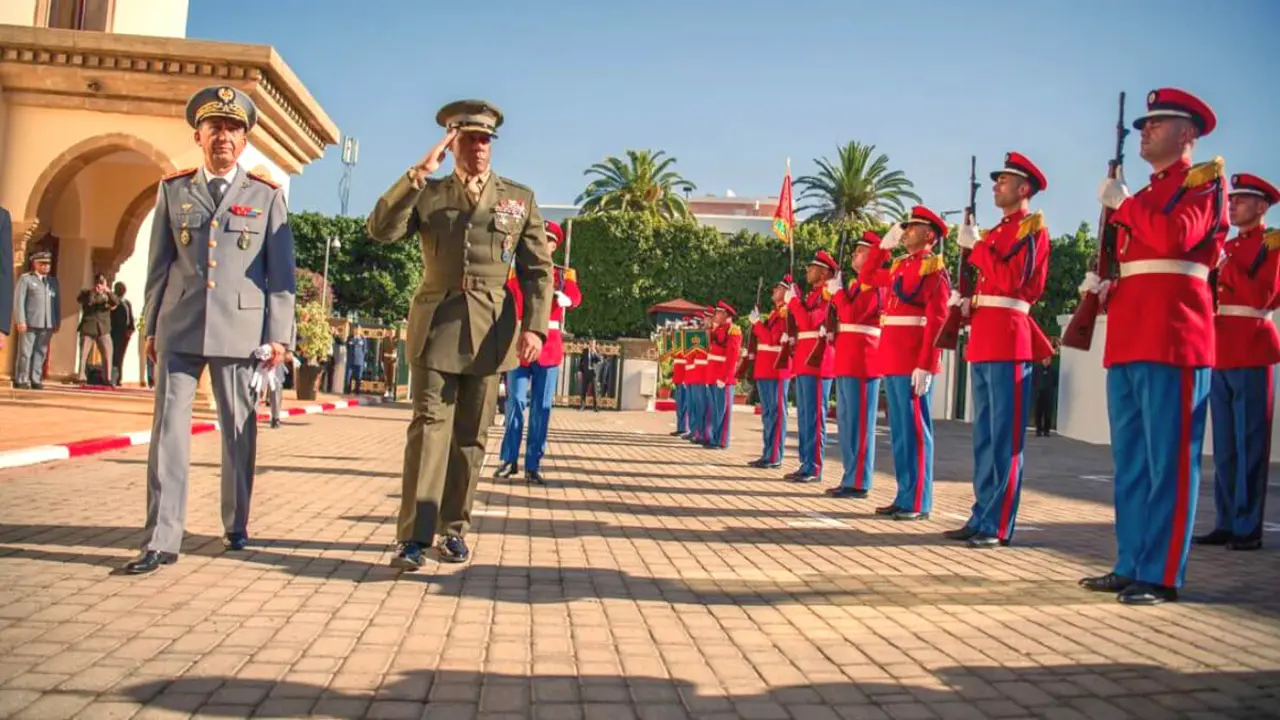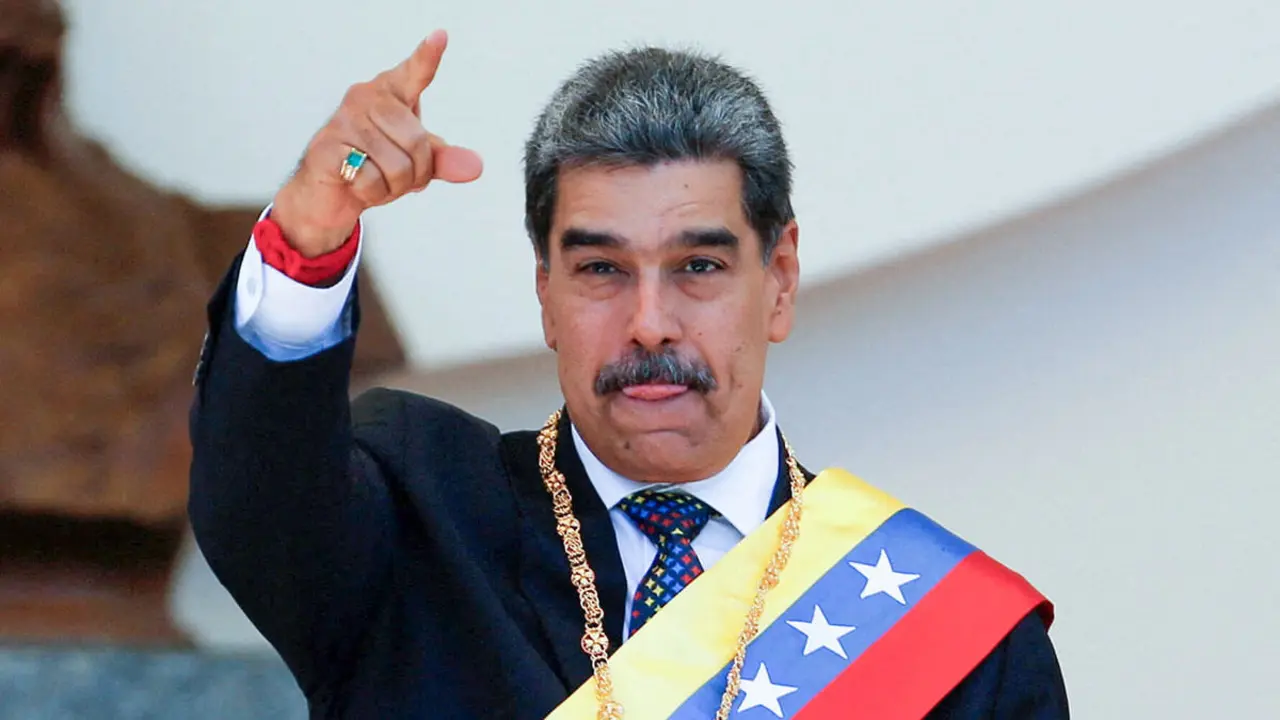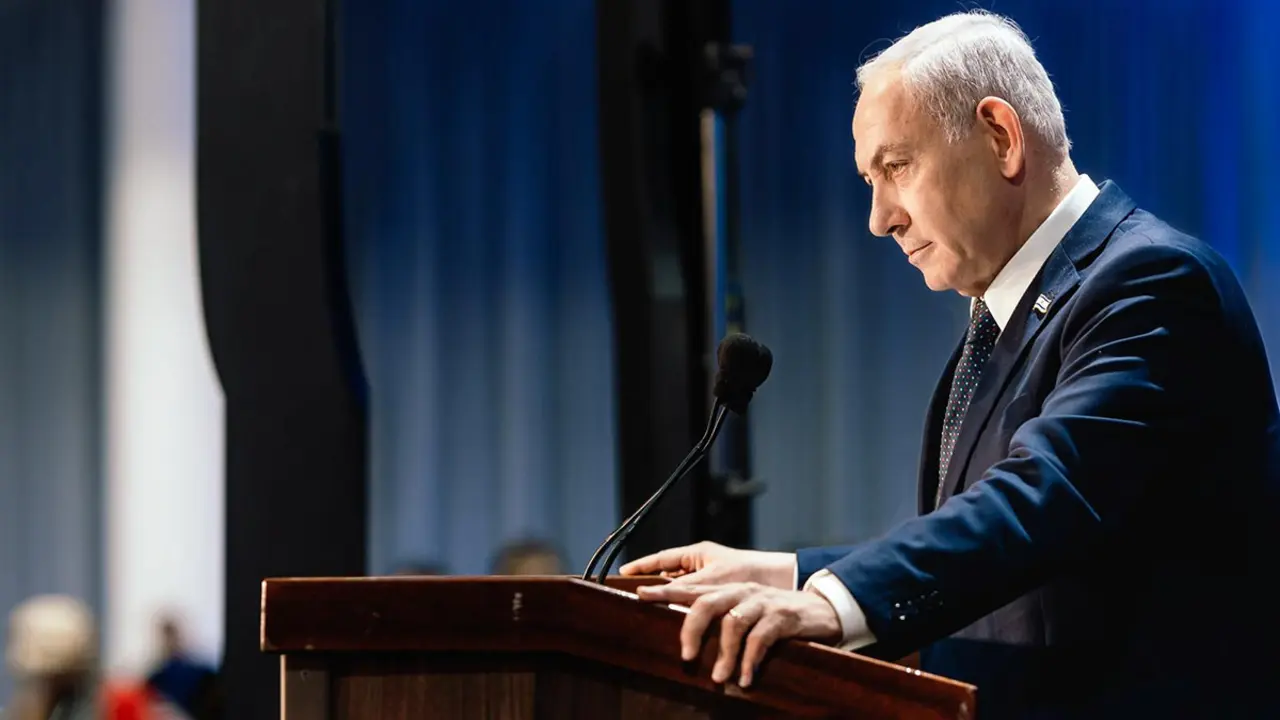What does the future hold for the Wagner Group in Africa?

The Wagner Group, Russia's best-known private military firm, faces a number of difficulties on the African continent, where it conducts business in several unstable or conflict-torn nations. After the rebellion in Russia, its leader, Yevgeny Prigozhin, fled into exile in Belarus. However, the group seems to be holding on thanks to its economic and geopolitical clout, and its close relationship with the Kremlin, which provides logistical and diplomatic support. Can the Wagner Group survive in Africa without its leader and after the recent internal crisis? What role does it play in Russia's strategy on the continent?
According to Al Arab media, last week, in a video uploaded by Telegram accounts claiming to be close to Wagner, but whose authenticity could not be verified, Prigozhin asked his men to prepare for a 'new trip to Africa'. Observers note that redirecting efforts to Africa may lead to a slight increase in the flow of mercenaries, to support the extension of the leaders' military governance on the brown continent by strengthening personal security support for them, while the repercussions of ongoing conflicts stretching from Libya to Sudan will be more diverse.

The Wagner Group was established in the early 2010s as an organisation outside any legal framework. The group then became the semi-official armed wing of Russia's ambitions in Africa, while allowing Moscow to deny any responsibility for its operations. "Wagner is neither a branch of the army nor a private entity in its own right," says Maxime Audinet, a researcher at the Institut de Recherche de l'Institut Militaire in Paris. "It serves Moscow's official interests, but it also responds to Prigozhin's personal ambitions." "Never before has an unofficial body assumed such importance in Russia's international work," he adds.
The Wagner Group is no stranger to the African continent either. Over the past decade, the mercenary group has been observed operating in various countries on the African continent, such as the Central African Republic, Mali, Sudan, Libya and others.

In Mali, the Wagner Group has signed contracts to exploit mineral resources, especially gold, in the country. Wagner's deployment in Mali has strained relations with France, which has some 5,000 troops fighting jihadist groups in the Sahel region. Wagner has been accused by France of undermining Mali's sovereignty and stability. Meanwhile, in the Central African Republic, the Wagner Group has supported President Faustin-Archange Touadéra since 2018, when he was facing an armed rebellion. The group has provided personal security for the president, as well as training and advice to the national armed forces. In return, the group has been granted permission to use the nation's natural resources, particularly its gold and diamonds. In addition to spreading false information against the opposition, the group has also engaged in propaganda and influence operations.
In Niger, on 26 July 2023, a group of mutinous soldiers overthrew President Mohamed Bazoum. The coup in Niger has raised concerns about the security and stability of the nation and the surrounding area, as well as the possibility of spreading extremism and Wagner's influence. Some analysts have speculated that the coup attempt may have been linked to Wagner's interests in Niger, as the group has been trying to gain a foothold in the country's lucrative uranium sector. They have also warned against any possible involvement of Wagner or other foreign actors in Niger's affairs, saying it would jeopardise the country's sovereignty and security.
There and elsewhere, the group faces accusations of influencing public opinion, undermining the reputation of the West and influencing electoral processes. At the military level, its approach is brutal and pays little attention to the distinction between civilians and the military or to human rights. In January, the US designated Prigozhin's organisation as a transnational criminal organisation and imposed sanctions. An independent UN expert accused the CAR army and its Russian allies of committing atrocities. New sanctions were announced by the European Union against several of Wagner's representatives in the nation. Last week, the UK imposed sanctions on individuals and companies accused of involvement in Wagner atrocities, including "executions and acts of torture in Mali and the Central African Republic, as well as threats to peace and security in Sudan".

The Wagner Group provides military services to governments and non-state actors in a number of conflict and unstable countries, especially in Africa and the Middle East. In return, the group receives payments in the form of natural resources, such as gold, diamonds and oil. The group also engages in propaganda and influence operations, creating Kremlin-friendly media and spreading fake news against its opponents. The Wagner Group works for both the Kremlin and its own interests.
The Wagner Group's future in Africa remains uncertain, but its demise seems out of the question. Its presence on the continent demonstrates Russia's desire to expand its sphere of influence and compete with other nations, particularly the West and the US. Russia's advancing invasion of Ukraine will influence a possible partial withdrawal of mercenaries in Africa to the Ukrainian front. However, the group also poses a threat to democracy and human rights, as well as to stability and security in the region. The international community must closely monitor its operations and demand transparency and accountability from those responsible.

